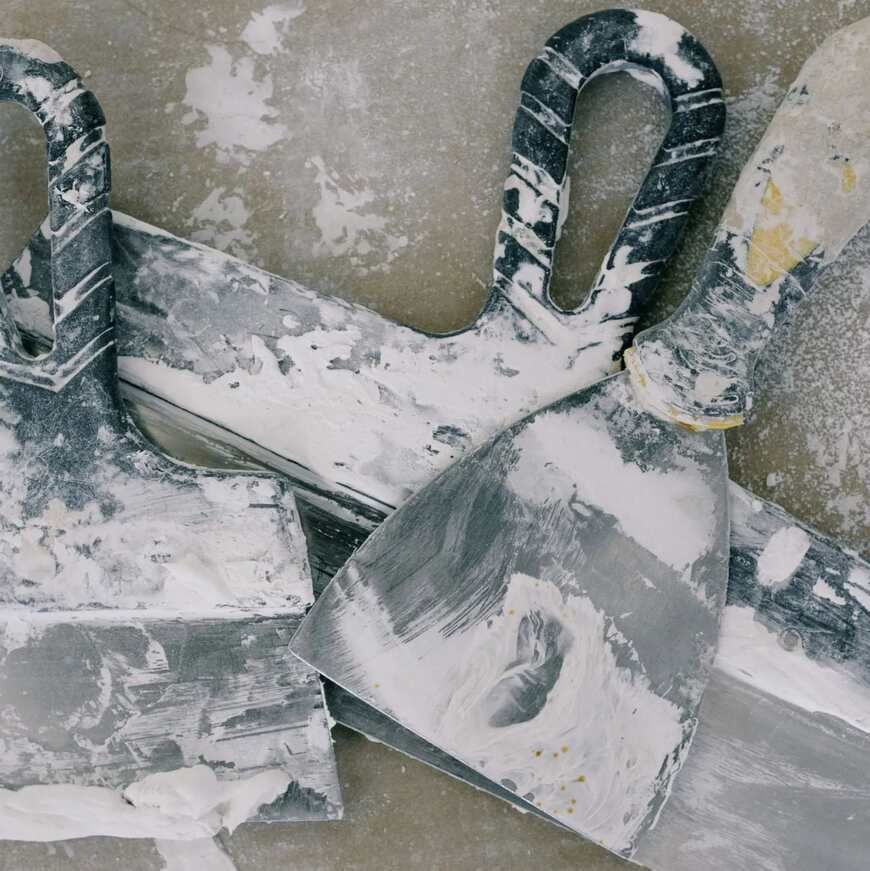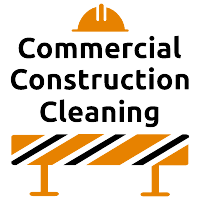Overcoming Common Cleaning Challenges in Large-Scale Commercial Construction Projects in Nevada
Managing Cleaning Tasks In Large-Scale Commercial Construction Projects

Large-scale commercial construction cleaning in Nevada present unique challenges when it comes to cleaning and maintaining cleanliness. From massive office complexes to sprawling retail centers, these projects require meticulous attention to detail to ensure a safe and hygienic environment for workers and future occupants.
The Scale of the Project
One of the primary challenges in large-scale commercial construction projects is the sheer scale of the endeavor. These projects often involve extensive floor areas, multiple levels, and complex architectural features, making thorough cleaning a daunting task. Moreover, the ongoing nature of construction activities can exacerbate cleanliness issues, with dust, debris, and construction materials constantly accumulating throughout the site.
Managing Dust and Debris
Dust and debris are inevitable byproducts of construction, posing significant challenges for maintaining cleanliness on-site. In Nevada's arid climate, where dust can quickly become airborne and settle on surfaces, effective dust control measures are essential. Implementing comprehensive dust suppression strategies, such as regular wetting of surfaces, using HEPA-equipped vacuums, and installing temporary barriers, can help minimize dust accumulation and maintain a cleaner work environment.
Managing Cleaning Tasks In Large-Scale Commercial Construction Projects With Extensive Floor Areas And Multiple Levels
Managing construction cleanup tasks in large-scale commercial construction projects with extensive floor areas and multiple levels requires careful planning, coordination, and efficient execution to ensure that cleanliness standards are met throughout the project. Here are several key strategies for effectively managing cleaning tasks in such projects:
- Develop a Comprehensive Cleaning Plan: Begin by developing a detailed cleaning plan that outlines specific tasks, schedules, and responsibilities for cleaning crews. Identify high-traffic areas, designated cleaning zones, and specialized cleaning requirements for different surfaces and materials. Consider factors such as project timelines, construction phases, and safety protocols when developing the plan.
- Allocate Sufficient Resources: Ensure that you allocate sufficient resources, including manpower, equipment, and cleaning supplies, to effectively manage cleaning tasks in large-scale commercial construction projects. Assess the scope of the project and determine the appropriate staffing levels and equipment needed to meet cleaning objectives efficiently.
- Implement Zone Cleaning: Divide the construction site into manageable cleaning zones based on floor areas, levels, or specific construction phases. Assign dedicated cleaning crews to each zone to focus on cleaning tasks in their respective areas. Implementing zone cleaning allows for better organization, reduces overlap, and improves efficiency in cleaning operations.
- Utilize Specialized Equipment: Invest in specialized cleaning equipment designed for large-scale commercial construction projects, such as ride-on sweepers, industrial vacuums, and pressure washers. These advanced tools can help streamline cleaning operations, remove debris more effectively, and cover larger surface areas in less time.
- Establish Clear Communication Channels: Maintain open communication channels between cleaning crews, construction managers, and other project stakeholders to ensure that cleaning tasks are coordinated effectively. Establish regular meetings, check-ins, and communication protocols to address any issues or updates related to cleaning activities.
- Implement Regular Inspections: Conduct regular inspections of the construction site to assess cleanliness levels, identify areas that require attention, and ensure compliance with cleaning standards. Assign designated personnel to perform inspections and provide feedback to cleaning crews to maintain quality control throughout the project.
- Prioritize Safety: Prioritize safety during cleaning operations by implementing proper safety protocols, providing adequate training, and ensuring compliance with OSHA regulations. Identify potential hazards, such as uneven surfaces, slippery areas, or overhead obstructions, and take appropriate measures to mitigate risks and prevent accidents.
- Adapt to Changing Conditions: Be flexible and adaptable to changing conditions and unexpected challenges that may arise during large-scale commercial construction projects. Adjust cleaning schedules, allocate additional resources, or revise cleaning strategies as needed to accommodate project changes and maintain cleanliness standards.
By implementing these strategies, cleaning tasks in large-scale commercial construction projects can be managed effectively, ensuring a safe, hygienic, and productive work environment for workers and future occupants alike.
Safety Considerations
Safety is paramount on large-scale commercial construction sites, and cleaning activities must be conducted with utmost caution to prevent accidents and injuries. High-traffic areas, elevated work platforms, and heavy machinery pose potential hazards for cleaning crews. Implementing rigorous safety protocols, providing adequate training, and ensuring proper use of personal protective equipment (PPE) are critical for mitigating risks and maintaining a safe working environment.
Scheduling and Coordination
Coordinating cleaning activities amidst ongoing construction operations can be challenging, as cleaning crews must navigate around equipment, materials, and personnel. Scheduling cleaning tasks during non-peak hours or coordinating with construction teams to allocate dedicated cleaning zones can help minimize disruptions and optimize efficiency. Effective communication and collaboration between cleaning contractors and construction managers are essential for ensuring that cleaning activities align with project timelines and milestones.
Specialized Cleaning Requirements
Large-scale commercial construction projects often involve a diverse range of surfaces and materials, each requiring specialized cleaning techniques and products. From polished concrete floors to delicate glass facades, cleaning crews must be equipped with the knowledge and tools to address various cleaning challenges effectively. Utilizing industry-specific cleaning solutions, such as specialized detergents, sealants, and equipment, can ensure thorough cleaning without damaging surfaces or compromising quality.
Environmental Considerations
Environmental sustainability is increasingly becoming a priority in commercial construction projects, and cleaning activities play a significant role in achieving green building objectives. Implementing environmentally friendly cleaning practices, such as using eco-friendly cleaning products, minimizing water usage, and recycling waste materials, can help reduce the project's environmental footprint and align with sustainability goals.
Large-scale commercial construction projects in Nevada present unique cleaning challenges that require careful planning, coordination, and execution. By addressing issues such as scale, dust control, safety, scheduling, specialized cleaning requirements, and environmental considerations, cleaning contractors can overcome these challenges and ensure that construction sites remain clean, safe, and compliant throughout the project lifecycle. Get in touch with us to discover effective strategies that can help achieve optimal cleanliness, enhance worker productivity, and deliver high-quality results that meet the expectations of clients and stakeholders.

